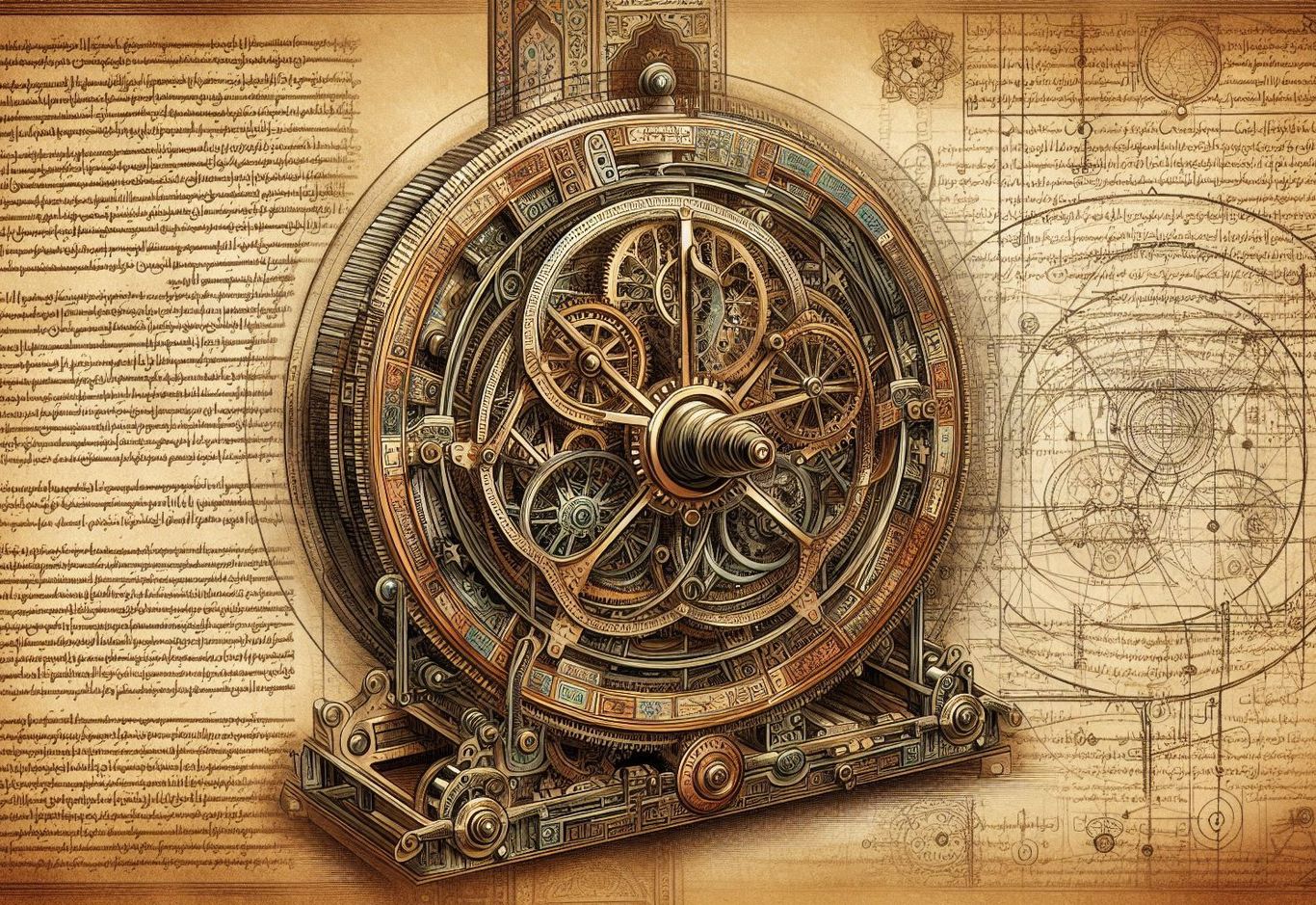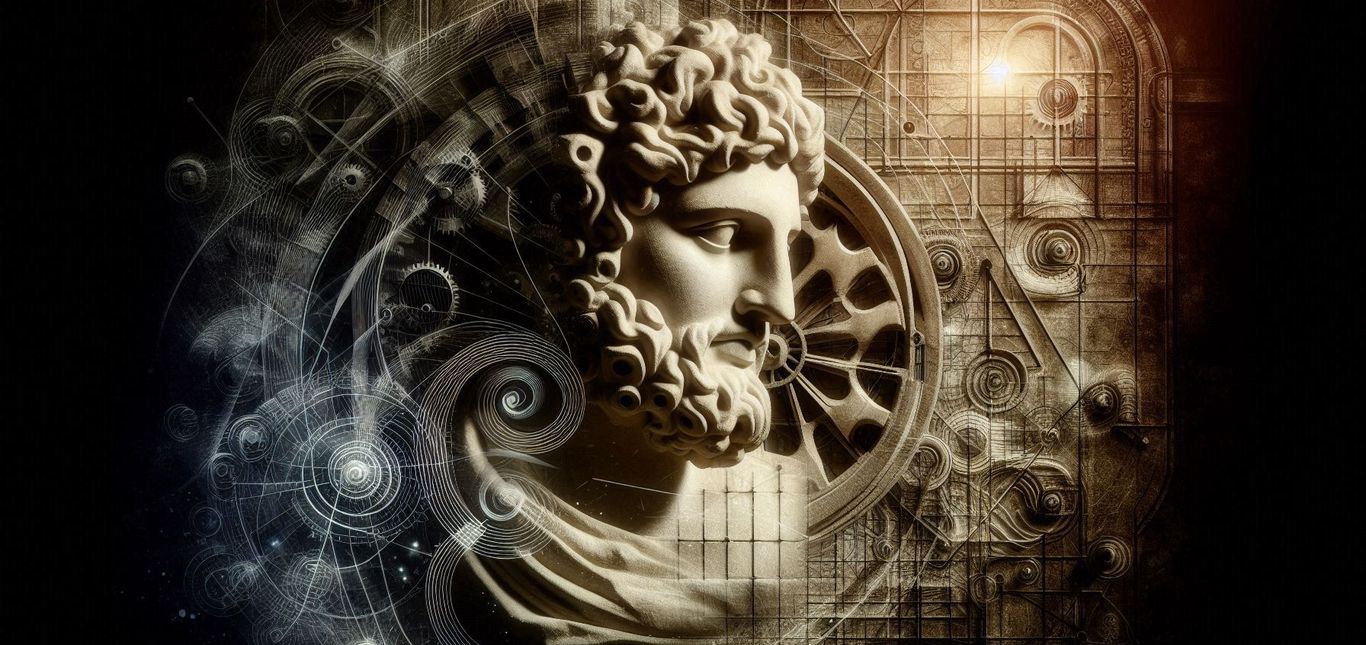AI Origins
Tracing the Earliest Origins of Artificial Intelligence

Mythical Automata: The Ancient Dream
The notion of artificial intelligence, though most vividly realized in our modern digital age, has roots stretching far deeper than the silicon chip. It is a concept birthed from the human fascination with replicating the very essence of thought and life, a desire that permeates philosophical and mythological narratives across millennia.
The earliest inklings of AI are not found in code or circuits but in the ancient myths of automata and artificial beings. Greek mythology, for instance, is replete with tales of mechanical servants built by Hephaestus, the god of fire and craftsmanship. These were not mere tools but entities imbued with a semblance of life, reflecting a primal human desire to transcend our biological limitations through artifice. The Hebrew Golem, a being formed from clay and animated through mystical incantations, similarly embodies this ancient dream of creating artificial life.
These stories, while fantastical, reveal a fundamental human inquiry: can intelligence and agency be separated from biological existence? This question, though posed in the realm of myth, laid the groundwork for the more systematic philosophical inquiries that followed.
Philosophical Foundations: Logic and Reasoning
The philosophical roots of AI can be traced to classical antiquity. Aristotle, in his work on logic and syllogisms, explored the formalization of reasoning. He attempted to codify the rules that govern thought, suggesting that logical processes could be separated from the human mind and represented in a symbolic form. This early exploration of formal logic provided the intellectual foundation for the later development of computational models of thought.
Medieval Mechanics: Automata and Early Machines
The medieval period witnessed the development of mechanical devices, such as intricate clocks and automata, which further fueled the imagination. Figures like Al-Jazari, a 12th-century Muslim polymath, designed and built complex programmable automata, including musical robots and hand-washing devices. These creations, while not possessing true intelligence, demonstrated the increasing sophistication of mechanical systems and their potential to mimic human actions.

The Enlightenment's Rationalism: Machines and Minds
The Enlightenment era brought a surge in rationalism and mechanism, further blurring the lines between machines and living beings. René Descartes, with his dualistic philosophy, proposed a separation between the mind and the body. While he argued against the possibility of machines possessing thought, his work on the mechanistic nature of the body contributed to the growing belief that human actions could be explained through mechanical principles.
Early Skepticism: Fear and Philosophical Objections
However, the early responses to these burgeoning ideas were not uniformly enthusiastic. The notion of artificial intelligence, even in its nascent form, often sparked fear and skepticism. The idea of machines replicating human intelligence was seen as a threat to human uniqueness and dignity. Religious and philosophical objections were raised, arguing that consciousness and free will were intrinsically linked to the human soul and could not be replicated in inanimate objects.
The Seed of Modern AI: A Tension Born of Speculation
The early stages of AI, therefore, were characterized by a tension between the allure of creating artificial minds and the apprehension of its implications. This tension, born in the fertile ground of myth and philosophy, would continue to shape the development of AI as it transitioned from the realm of speculation to the realm of science and technology. The seeds of modern AI were sown in these early explorations, setting the stage for the dramatic advancements that were to come.
© Copyright. All rights reserved.
We need your consent to load the translations
We use a third-party service to translate the website content that may collect data about your activity. Please review the details in the privacy policy and accept the service to view the translations.
